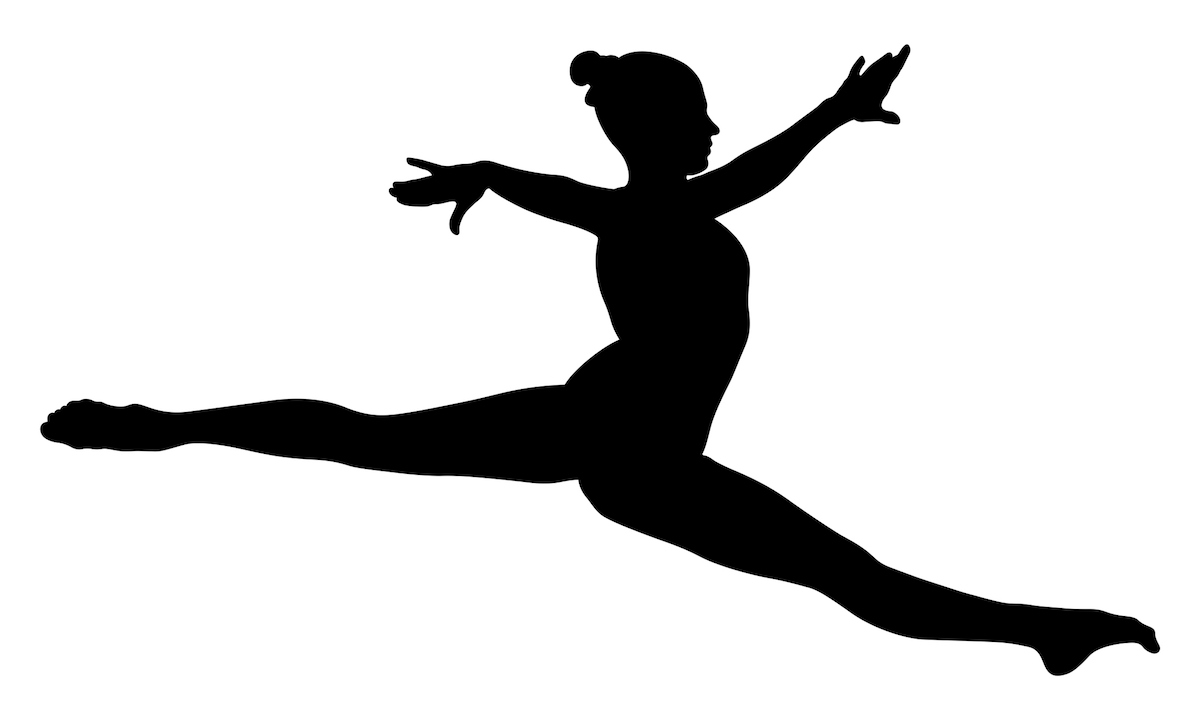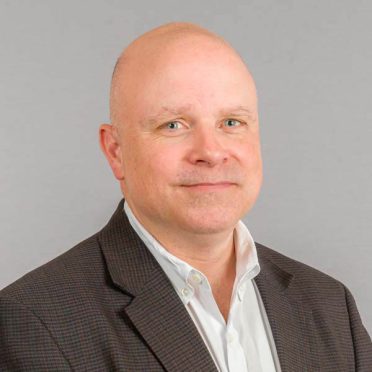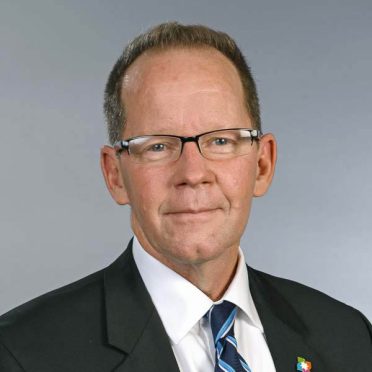In an astonishing announcement, the world’s greatest gymnast, Simone Biles, withdrew from team competition at the Tokyo Olympics Tuesday due to stress and the pressure to succeed.
Team USA’s star said she wasn’t in the right place mentally — to the point where she could not perform up to her usual standards.
“At the end of the day, I have to do what was right for me,” she said, adding, “It just sucks that it happened at the Olympic Games.”
How does this happen to someone so accomplished, a seemingly unflappable athlete who has overcome pressure so many times in the past?
“Everybody has a tipping point,” said Dr. James O’Dea, Vice President of the Hartford HealthCare Behavioral Health Network. “We have to remember that we know very little about her. When it comes to public figures, we tend to get a false sense that we understand them and know what is going on in their life. That’s a falsehood. We really have no idea . . there might be things going on that are really none of our business. We shouldn’t jump to conclusions. All we know is that she withdrew, and she said that she was overwhelmed and needed to take care of herself.
“In my mind, she just went from being the greatest gymnast of all time to a superhero. What she’s done is so impressive. When public figures are open about these kinds of health struggles, whether it’s physical or mental, it provides us the opportunity to educate and support others.”
Biles isn’t the first famous athlete to openly talk about her mental struggles recently. Tennis player Naomi Osaka withdrew from the French Open in May after being fined for missing a press conference to address her mental health. She then withdrew from Wimbledon, explaining she has struggled with depression for several years.
In a letter published in Time magazine, Osaka said athletes endure intense scrutiny about health issues, especially behavioral health. At the end, she noted, “I hope people can relate and understand that it’s OK not to be OK and it’s OK to talk about it.”
“This is exactly the message we think is so important to communicate,” said Dr. Jennifer Ferrand, director of well-being for Hartford HealthCare. “Not only is it OK to have a mental health problem, but it is OK to talk about it. Naomi Osaka is a wonderful example that we are all human and not invincible, and sharing our personal stories de-stigmatizes help-seeking.”
Over the past few years, many athletes have spoken out about their own battles with mental illness, including Brooks, Michael Phelps, Serena Williams, Brandon Marshall and Kevin Love, sparking conversations about athletes and mental health.
“These admissions are incredibly courageous, and they help make people understand that everybody has a tipping point, there is help available and there is hope for recovery,” O’Dea said. It sends a message that you have to take care of yourself, first and foremost. It’s so important.
Although it is unclear if Biles suffers from an anxiety disorder, there are evidence-based treatments available for those that do, including cognitive behavior therapy (CBT), according to Dr. David Tolin, Director of the Anxiety Disorders Center at The Institute of Living.
“For people with anxiety disorders, CBT helps them gradually confront the things they fear in order to feel less afraid, to learn healthier ways of coping with stressful situations, and to become aware of — and then change — the way they think in critical situations,” said Tolin. “There is a wealth of scientific evidence showing that CBT not only reduces the symptoms of anxiety, but also helps improve people’s quality of life.”
For more information or to request an appointment at the Anxiety Disorders Center at the Institute of Living, call 860.545.7685 or click here.




